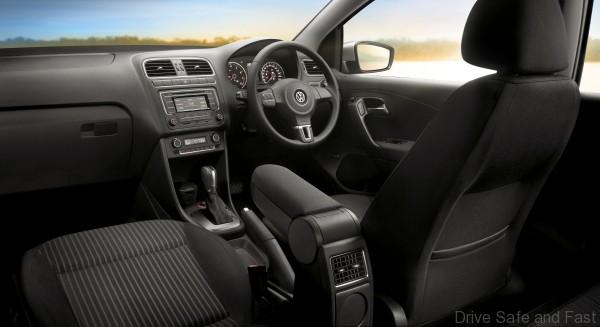The court commented that the customer’s car had “real and fundamental defects”.
A Sessions Court judge has awarded a Volkswagen Polo Sedan owner RM90,000 in damages, mostly arising from the plaintiff’s loss of use of the car. The case involved the owner of the vehicle, a company called Poratha Corporation Sdn Bhd and the defendant, FA Wagen. The case was reported by FMT this morning.

The facts of the case are as follows:
15 March 2013: the manager of Poratha Corporation bought a Volkswagen Polo Sedan 1.6 MPI. The car was meant for his wife to transport their children to and from school. The vehicle cost the plaintiff around RM105,000, likely including interest payments over hire purchase.

April 2013: Poratha Corporation took delivery of the Volkswagen Polo Sedan 1.6 MPI. They noted mechanical faults and defects
27 September 2013 : the car was sent to an FA Wagen service centre to rectify these faults.
15 October 2013: the plaintiff begins to rent a vehicle for his wife to use in the meantime. The cost of the rental is RM200 daily.
13 March 2016: Plaintiff discontinues daily rental
17 March 2016: Plaintiff gets the Volkswagen Polo Sedan back from the service centre
If our calculations are correct, the vehicle was at the FA Wagen service centre for more than 900 days! Additionally, if the plaintiff rented a car every workday, excluding public holidays, from 15 October 2013 to 13 March 2016, this would have amounted to RM120,400 spent on rentals. However, we’re pretty sure the RM88,300 claimed reflects more accurately on the ballpark figure of how much was spent. We don’t have all the details.

What was really interesting was what Sessions Court Judge Mabel Sheela Muttiah had to say in her judgement. She cited the Consumer Protection Act 1999 that states goods supplied to a consumer shall be of acceptable quality.

Section 32 Implied guarantee as to acceptable quality
- (1) Where goods are supplied to a consumer there shall be implied a guarantee that the goods are of acceptable quality.
- (2) For the purposes of subsection (1), goods shall be deemed to be of acceptable quality–
- (a) if they are–
- (i) fit for all the purposes for which goods of the type in question are commonly supplied;
- (ii) acceptable in appearance and finish;
- (iii) free from minor defects;
- (iv) safe; and
- (v) durable; and
- (b) a reasonable consumer fully acquainted with the state and condition of the goods, including any hidden defects, would regard the goods as acceptable having regard to–
- (i) the nature of the goods;
- (ii) the price;
- (iii) any statements made about the goods on any packaging or label on the goods;
- (a) if they are–
There was an implied guarantee of acceptable quality that applied to this case., which was clear from the documentary evidence of the car’s numerous defects. Not only where there problems with its engine mountings and gearbox, but the battery and tyres had to be replaced within a short span of time despite the vehicle being purchased new.

There were even safety issues relating to this Volkswagen Polo Sedan’s brake discs, air conditioning as well as the driver’s seat adjustment mechanism.

She went further, calling the Malaysian government to look into the Lemon Law, which would have protected consumers from goods that failed to meet the minimum standards of quality and performance.
“The Lemon Law is a remedy for purchasers of consumer products, particularly motorised vehicles, that repeatedly fail to meet the standards of quality and performance,” said Muttiah.



